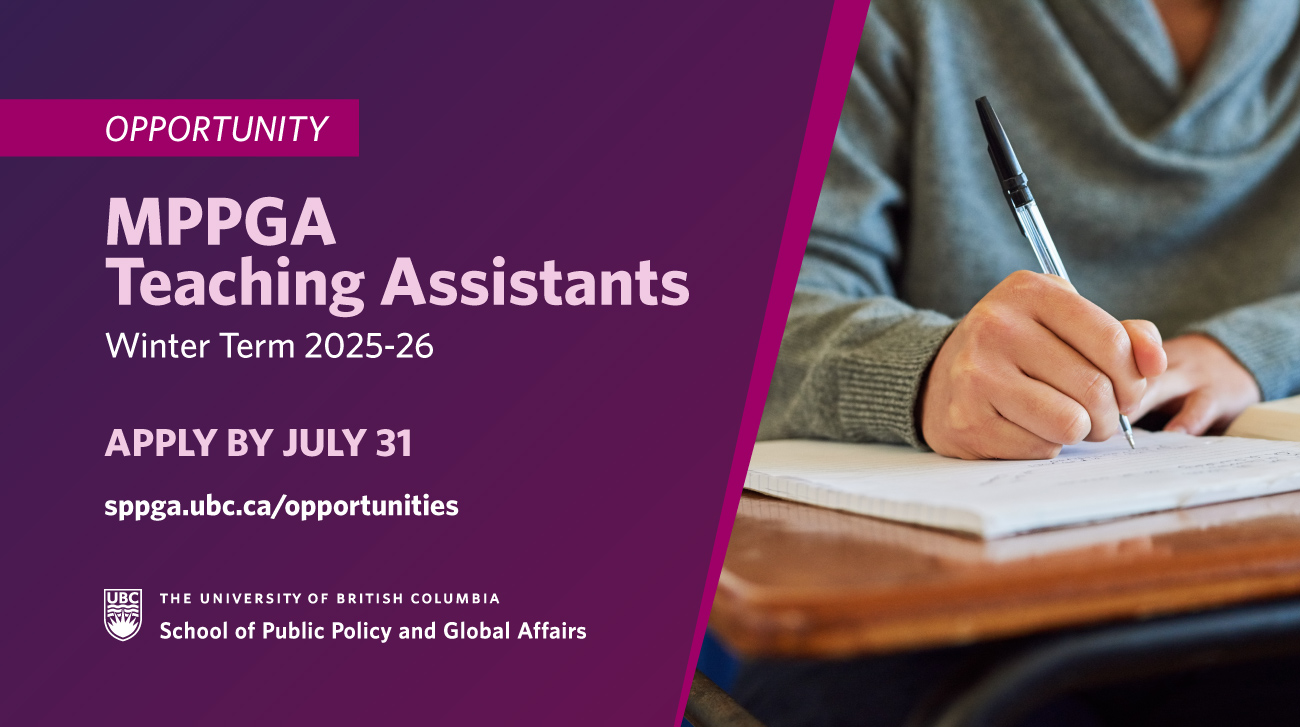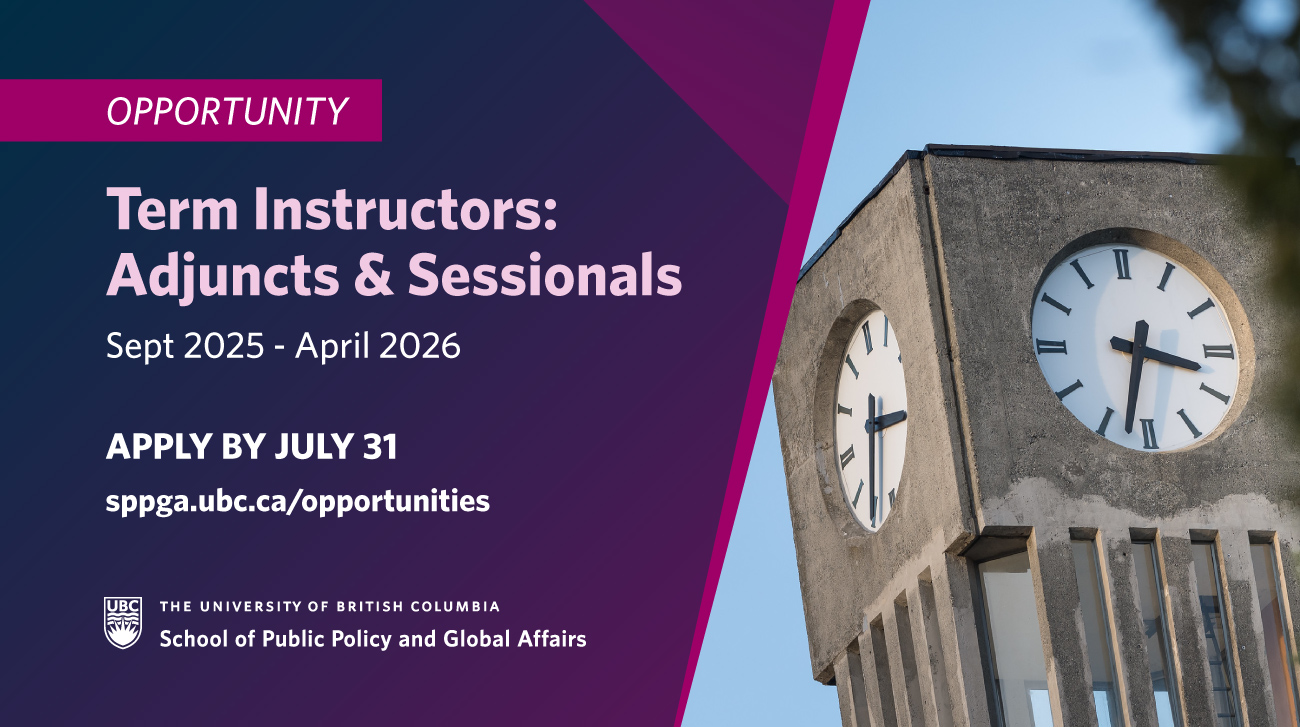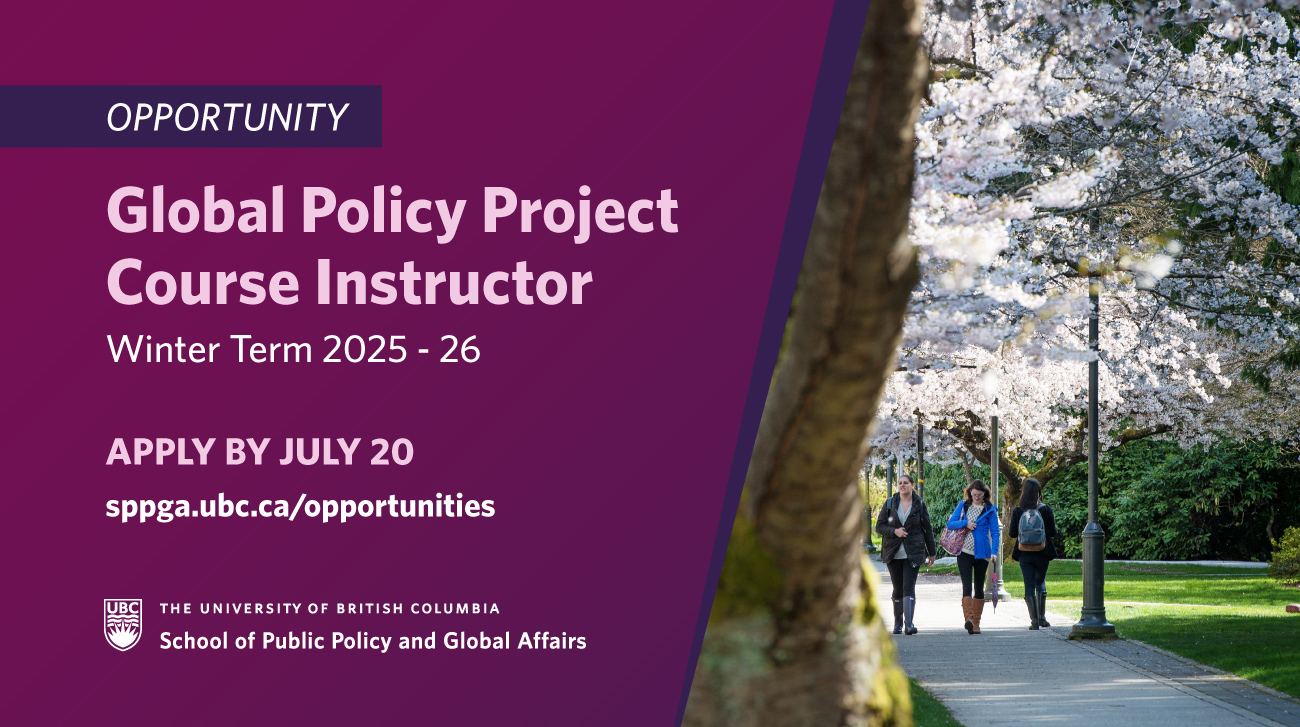Verena Seufert is a researcher at the Liu Institute for Global Issues and the Institute for Resources Environment & Sustainability, at the University of British Columbia. In light of a new study published in Nature, Exploring the biophysical option space for feeding the world without deforestation, Seufert shares that the findings provide us with “important and interesting insights into the big question of how to feed the world into the future. The study addresses this question by exploring a wide range of different scenarios in a rigorous and systematic manner that I haven’t seen before.”
She told Discovery News that, based on the study, “business as usual does not seem to be an option” in meeting the human population’s ever-growing food needs without destroying more forests, savannas and natural grasslands.
Seufert, however, thinks that there are other possible options for feeding people while altering less land in the future. Reduction of food waste could be an important strategy, she said. Still other researchers are studying ways of producing lab-grown meats and making high protein, sustainable and edible insects more popular and appealing to consumers.
Learn more about Seufert’s research through UBC’s Land Use and Global Environment (LUGE) Research Group led by Navin Ramankutty, Professor, Liu Institute for Global Issues and Institute for Resources, Environment, and Sustainability.


